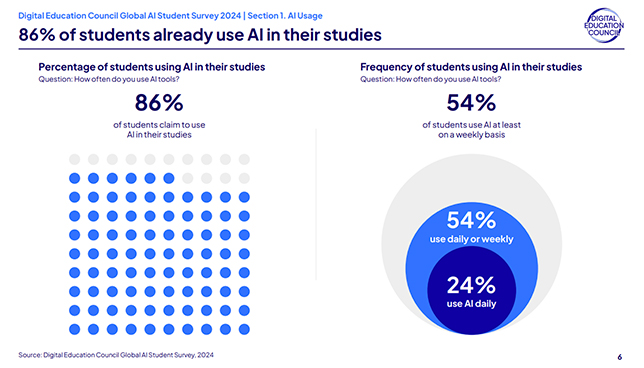
In a recent survey from the Digital Education Council, a global alliance of universities and industry representatives focused on education innovation, the majority of students (86%) said they use artificial intelligence in their studies.

The Cloud Security Alliance (CSA), a not-for-profit organization whose mission statement is defining and raising awareness of best practices to help ensure a secure cloud computing environment, has released a new report offering guidance on securing systems that leverage large language models (LLMs) to address business challenges.
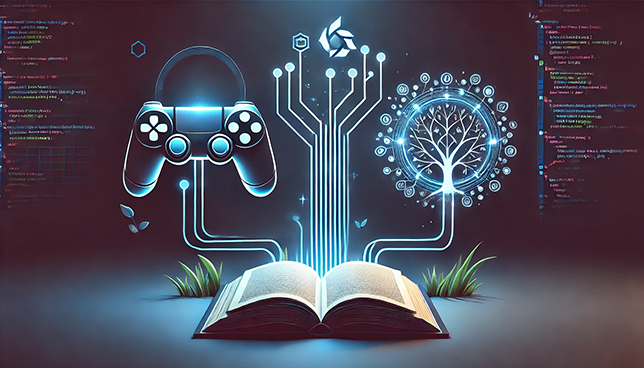
Game development technology is increasingly being utilized beyond its traditional gaming roots, according to the recently released annual "State of Game Development" report from development and DevOps solutions provider Perforce Software.

OpenVPN, a popular open source virtual private network (VPN) system integrated into millions of routers, firmware, PCs, mobile devices and other smart devices, is leaving users open to a growing list of threats, according to a new report from Microsoft.

A new paper examines how advanced AI can help perform adversarial testing with red/black teams and provides recommendations for organizations to do just that.

The top cybersecurity threat in the cloud has changed from a couple years ago, according to a new report from the Cloud Security Alliance (CSA), which provided handy mitigation strategies and suggested AI can help (or hurt).
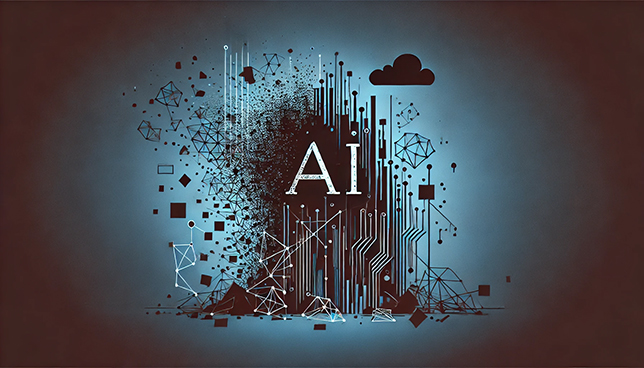
In a recent survey of IT leaders, 90% of respondents said that they are adopting AI in some capacity, but many admitted they're also struggling to get the full benefits of the technology because of outdated infrastructure and a lack of skilled employees.
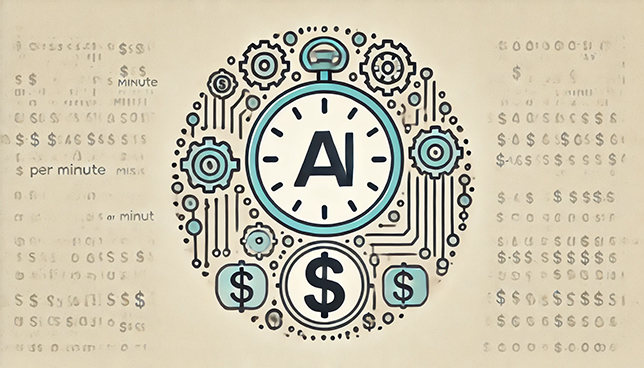
A new report from cloud-based data/BI specialist Domo provides a staggering estimate of the minute-by-minute impact of today's generative AI boom.
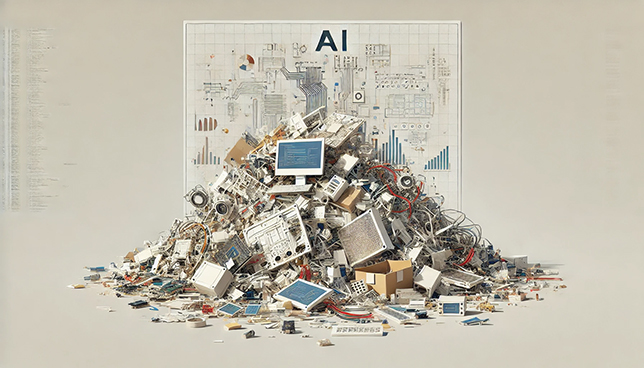
Organizations that made significant early bets on AI may be in for a letdown, the research firm warns.

A new survey of CISOs by Bugcrowd indicates AI is already beating security pros in some areas and is expected to take on a larger role in the future.